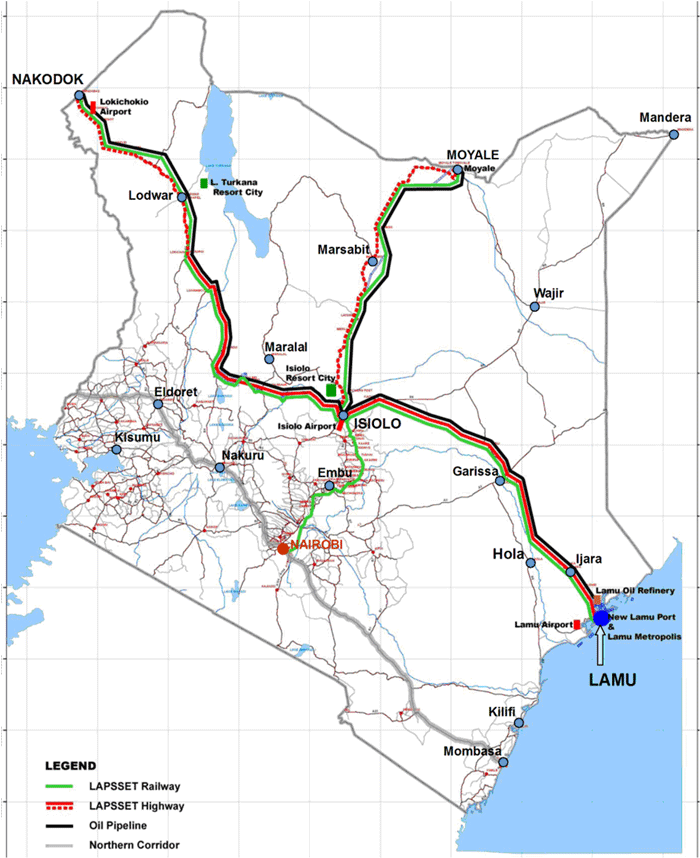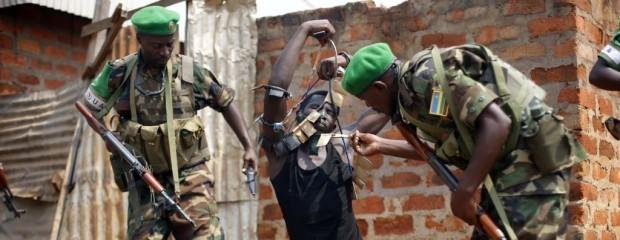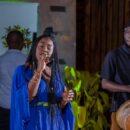What does “development” actually look like? The case of LAPSSET
 According to its official description, the enormous and multi-faceted project known as LAPSSET is “Eastern Africa’s largest and most ambitious infrastructure project bringing together Kenya, Ethiopia and South Sudan”. It is expected to cost around $25 billion. It involves building thousands of kilometres worth of highways, railways and oil pipelines. And it promises to reinvigorate marginalised regions, creating jobs and raising whole communities out of poverty.
According to its official description, the enormous and multi-faceted project known as LAPSSET is “Eastern Africa’s largest and most ambitious infrastructure project bringing together Kenya, Ethiopia and South Sudan”. It is expected to cost around $25 billion. It involves building thousands of kilometres worth of highways, railways and oil pipelines. And it promises to reinvigorate marginalised regions, creating jobs and raising whole communities out of poverty.
But what does “development” actually look like? What happens when the state suddenly takes an interest in long-forgotten areas where the notion of government has never been more than an abstract concept? What happens to local traditions, economies and ways of life when huge oil and infrastructure corporations roll into town? Who decides how benefits are divided up and who owns the land? Who thrives, who survives and who doesn’t when the holy grail of “development” actually happens?
African Arguments investigated by visiting three key points on the LAPSSET corridor.
“We’ll be like a museum”: Lamu locals fear huge regional infrastructure plan
The multi-billion-dollar LAPSSET project promises to transform Kenya — including the oldest Swahili settlement on the African coast.
LAPSSET: Will a new highway open up the long-neglected Garissa?
Many in the area are upbeat about the new infrastructure project, but concerns over security and land remain.
“When I grew up the land was for the community”: Oil troubles in Turkana
Huge oil discoveries in Kenya’s poorest county have so far brought more frustration and tensions than hope.







